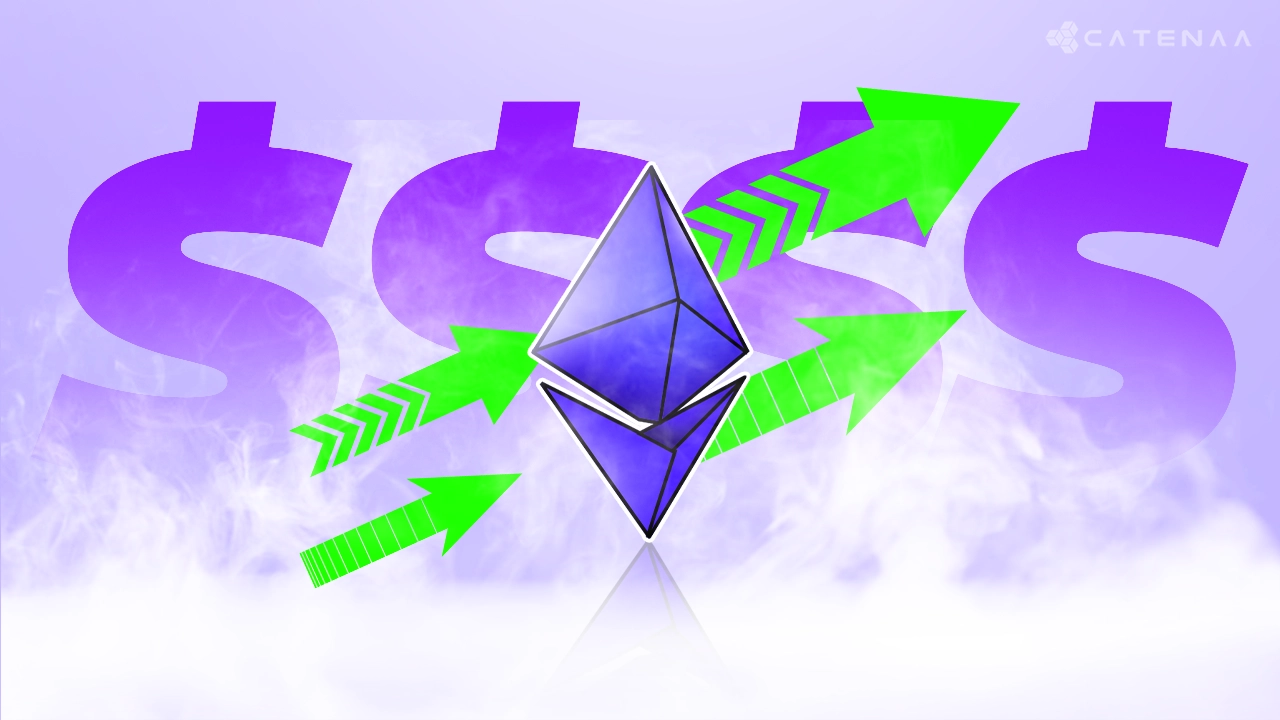Catenaa, Sunday, July 13, 2025- The Open Network (TON) Foundation ignited a firestorm this week after promoting a controversial offer that promised UAE Golden Visas in exchange for staking Toncoin (TON).
The initiative, shared widely on social media and amplified by Telegram CEO Pavel Durov, drew swift regulatory pushback and triggered sharp volatility in Toncoin’s price.
The now-retracted offer, announced Saturday, claimed investors could secure a 10-year UAE Golden Visa by staking $100,000 in TON for three years and paying a $35,000 processing fee.
Within hours, Toncoin surged more than 10% as influencers and retail investors piled in.
By Sunday evening, however, three of the UAE’s key financial regulators—the Federal Authority for Identity and Citizenship (ICP), the Securities and Commodities Authority (SCA), and Dubai’s Virtual Assets Regulatory Authority (VARA, issued a joint denial.
The agencies made clear that digital asset staking does not qualify individuals for residency and stated that TON is not a licensed entity in the Emirates.
Following the statement, Toncoin swiftly reversed gains, triggering speculation of a pump-and-dump ploy. Binance founder Changpeng Zhao questioned the credibility of the offer, while critics online accused TON of misleading marketing.
TON CEO Max Crown apologized Monday, stating the offer was a premature pilot with a licensed third party and not sanctioned by UAE authorities. The foundation pledged better due diligence and regulatory compliance in the future.
Analysts say that the episode highlights the growing scrutiny on crypto projects making residency or investment-linked citizenship claims and underscores the need for verified, government-backed announcements.
The TON Golden Visa controversy shows how unchecked crypto marketing can mislead investors and provoke regulatory backlash. The stunt raises concerns over “pump and dump” tactics and exposes the dangers of mixing digital assets with sovereign policies like immigration.


